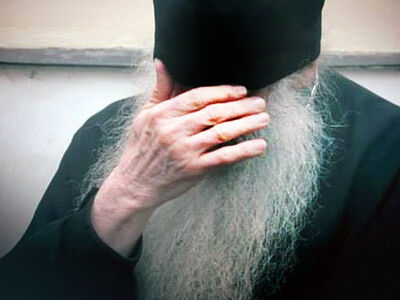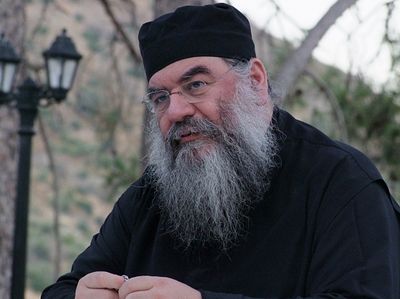 Great LentGreat Lent
Great LentGreat Lent
“>Lent is the season given to Orthodox Christians for sincere  Spiritual FastingLet the mind fast, not permitting empty and bad thoughts; let the heart fast, refraining from sinful feelings; let our will fast, directing all our desires and intentions to the one thing needful…”>prayer, repentance, temporary abstinence from food and worldly blessings on the threshold of the most important feast of Holy Pascha. Fasting allows the faithful to purify their minds and bodies, getting rid of excesses, unnecessary desires and material needs.
Spiritual FastingLet the mind fast, not permitting empty and bad thoughts; let the heart fast, refraining from sinful feelings; let our will fast, directing all our desires and intentions to the one thing needful…”>prayer, repentance, temporary abstinence from food and worldly blessings on the threshold of the most important feast of Holy Pascha. Fasting allows the faithful to purify their minds and bodies, getting rid of excesses, unnecessary desires and material needs.  “Through Fasting, We Realize Our Belonging to the Body of Christ”Many people, especially young people, have several objections to fasting: What benefit does it bring? Why do I have to fast and what is the meaning of this present Fast?”>Fasting is a time of renunciation from evil thoughts and deeds, resentment and anger. This period is given to us to turn to God, to remember Him, forgetting about the bustle of this world.
“Through Fasting, We Realize Our Belonging to the Body of Christ”Many people, especially young people, have several objections to fasting: What benefit does it bring? Why do I have to fast and what is the meaning of this present Fast?”>Fasting is a time of renunciation from evil thoughts and deeds, resentment and anger. This period is given to us to turn to God, to remember Him, forgetting about the bustle of this world.
Lent originated as the commemoration of the Savior’s forty-day fasting in the wilderness: for forty days Jesus Being… tempted of the devil. And in those days He did eat nothing: and when they were ended, He afterward hungere (Lk. 4:2). Fasting came to the early Christians from the Old Testament. At that time it meant total abstinence from food (from several hours to several days) and represented “a sacrifice in which a person sacrificed himself.”
In the modern world the pattern of observing Lent has changed. Today believers seem to have forgotten about the true mission of this period, and only a few actually spend this time with benefit for their souls and bodies. Many people tend to think that fasting is only about abstaining from food. For example, some, while abstaining from meat, can spend hours browsing social media in search of entertaining content. Others tend to believe that this period is a wonderful opportunity to get your body in good shape and lose weight, arranging a so–called detox for your body, combining the useful with the agreeable, as it were. “But he’s fasting! He doesn’t eat meat and doesn’t drink milk…” And it’s hard to argue with that. But is it really fasting?
Nowadays, there are countless news portals and blogs offering various tips on how to “live through” Lent. There is a great variety of such “fasting” dishes that allow you to fast without infringing on your usual eating habits: sausage without meat, milk without milk, even fasting desserts and cakes. The internet is full of millions of variations of cooking fasting desserts that resemble the tastes of the “non-fasting” originals so much that you can’t tell the difference. It may seem to be a real “salvation” for those observing Lent!
Not that which goeth into the mouth defileth a man; but that which cometh out of the mouth, this defileth a man (Mt. 15:11). This is such a simple but meaningful phrase that points to the true mission of any fast. What good does it do us if we limit ourselves, keep the gastronomic fast and do not eat meat, but “eat” our neighbor? It stereotypically seems to us that fasting is strictness and the absence of animal products in our diet. In other words, “we don’t eat meat, but no one forbade us to judge.” But, on the contrary, at this time we must direct all our efforts to get closer to the Lord, help our neighbor, not to judge, not to be rude, but to learn to love. “What you have done to men, you have done to Me” (cf. Mt. 25:40), the Lord tells us.

Just love,
Just don’t judge,
Just don’t be sad,
And just forgive everyone!
(A poem by Archpriest Andrei Logvinov)
Lent is a “preparatory course” of earthly life that teaches us the skills of patience and humility before meeting the Risen Christ. This is an opportunity to show Him our love in the form of such a small “sacrifice”.
Source: Orthodox Christianity